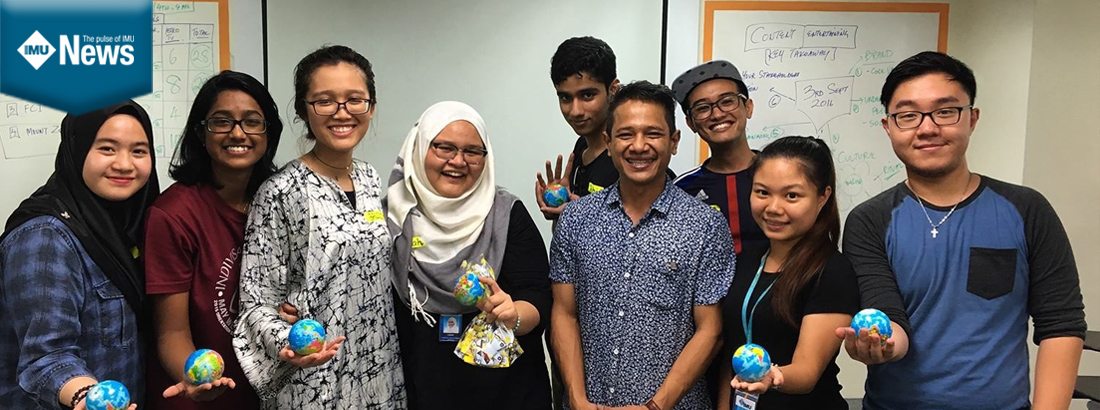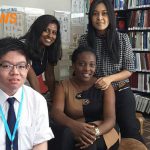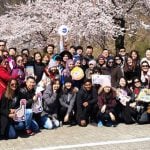Three years of being a part of the Medical Biotechnology (MB) programme has truly been a great journey for us within the MB1/14 cohort. When I first came to International Medical University (IMU), I was brimming with naivety and the glimmering hope of what science will provide for me and for the rest of the world. I still have those components within me, but the MB programme has molded them into something realistic, something robust. I think the most common misconception about studying something with the term “bio” etched within the course title is that, we can scrape away whatever it is that we have learnt in our high school Chemistry or even Physics classes, and then bam, came the first two years of the programme with Chemistry, Physics, and Mathematics subjects drizzled here and there year-long. One of the first things that I learnt in IMU’s MB programme is that, sometimes, you must at least understand the things you hate, for the things you love.

IMU Medical Biotechnology students learning ‘Diversity of Life’ module outside of the classroom in semester 1 – A field visit to Port Dickson.

MB students are taught of how to utilise the knowledge and skills acquired and give back to the community.
Not only that, a unique component of our programme is the existence of the Graduate Employability, Adaptability and Reshaping (GEAR) programme – a collaborative effort between IMU and Bioeconomy Corporation that outlines a series of training workshop sessions for the students of Semesters 3 and 5, which cover communication skills, teamwork, and general business and entrepreneurial spirit.
The cohort of MB1/14 which I am a part of also had the privilege to attend the BioMalaysia event annually to familiarise ourselves with the present statuses of biotechnology-related industries. These efforts could not have been made possible if there is not a great team of lecturers who work strenuously not only to teach us but also to improve ourselves as better functional members of the society. 

As for student life, I could not fill it with just studying and completing assignments, so I branched out and I met some of the most wonderful people across IMU – students and staff. Coming to the end of my undergraduate studies, I still get hints of people stigmatising the works of a researcher, as they perceive it as “solitary” or “boring” just doing God knows what within our laboratory benches, but that is way far off from the truth. When we are not busy in the lab, researchers are busy pitching ideas for projects or writing proposals, even grant applications.
Research, much like a lot of other professions, require a strenuous amount of communication to achieve the results we want; thus, it is anything but solitary. Aside from research within the field of healthcare, the prospect of an MB graduate is also not limited from marine biology, nutraceuticals, or even regulatory affairs, patent officers, alongside works in the biotechnology marketing and business development sectors, and to some extent, scientific communication. I, myself, am currently undergoing an industrial training within Cancer Research Malaysia within the Head and Neck Cancer team, and given all the knowledge that has been imbued during my time in IMU, I couldn’t be more excited to face what’s coming my way.
This is written by a medical biotechnology student from Indonesia, Andrew Octavian Sasmita Photographs credits: Andrew Octavian Sasmita









